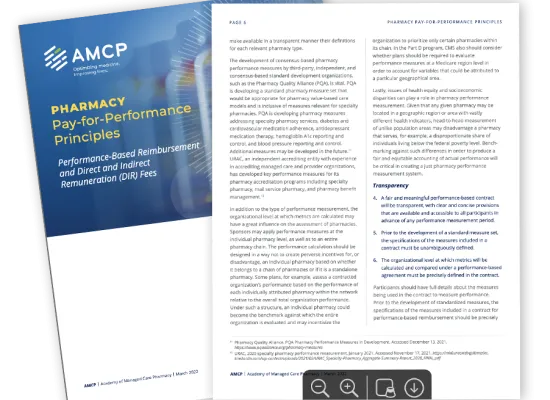

Explore our payment system related resources tailored for managed care pharmacy. From claims processing and electronic prescribing to reimbursement systems and digital payment solutions, you'll find the latest industry insights, practical guides, and tools to streamline to better understand financial operations.













